It was only a chain-store coffee.
A morale-boosting one, bought for consoling purposes on the faintly weepy way home from dropping our precious firstborn off at university; but still, just a takeaway oat-milk latte from a bog-standard roadside chain somewhere in Berkshire. The shock was that it was over £5.
Coffee hasn’t really been cheap for ages, for complex reasons – post-pandemic inflation, a Russian war pushing up energy prices, a climate crisis having an effect on coffee bean growth, last year’s budget tax hikes – that capture the bitter flavours of the last few years in a cup. Less predatory capitalism, more global problems coming home to roost. But still, north of a fiver, for caffeinated cereal juice? I felt like the eight-year-old whose outraged reaction to ice-cream van prices – “NINE POUND FOR TWO?” – went viral this summer on TikTok.
This isn’t going to be a column about how millennials could all be homeowners if they bought fewer flat whites, nor an invitation to play the world’s smallest violin for the not-that-squeezed middle classes when so many people are properly on the breadline. Rather, it’s about the strangely mood-dampening effect of little everyday treats beginning to feel unjustifiable, even for people who aren’t watching every penny; how that makes life feel more grey and drab, undermining any optimism about how the country is doing more broadly. For many gen Xers it feels oddly like sliding back towards the land of our childhoods, where eating out was strictly for the most special occasions, your mum took a Thermos of Nescafé along on every outing, and normal people painted their own nails rather than getting them done on the high street. Were the consumer boom years of our 20s and 30s not in fact a new bountiful norm to which we’ll eventually somehow return but, in retrospect, more of a blip?
It’s not just coffee. This week Gregg’s announced price rises, blaming the recent rise in employers’ national insurance – and if you don’t see why the cost of breakfast is politically salient, you have forgotten that half a million people signed a petition protesting against George Osborne’s pasty tax in 2012 – while Tesco CEO Ken Murphy observed that its customers seem to be sticking with cost-of-living crisis habits, such as eating in instead of going out. “Do you feel sad at being priced out of little luxuries?” asked a plaintive Mumsnet thread recently, in which users talked about giving up the little dopamine hits that used to brighten the day: a glossy magazine to read in the bath, meeting a friend for a glass of wine, cinema tickets, fresh flowers that aren’t a £1 bunch of supermarket daffodils. Small things, but important precisely because they’re small, which makes them the sort of things people in not flashy but solid full-time jobs ought to be able to do and have. Things that make the difference between just treading water financially, and living. It might or might not be entirely a coincidence that 23% of Mumsnet users polled in September said they weren’t sure how they would vote in an election, giving “don’t know” a lead over every other party.
As the veteran consumer journalist Harry Wallop pointed out this week, lunch for a family of four at an ordinary chain restaurant – a Pizza Express or a Bella Italia, somewhere you might take the kids at half-term – is now routinely through the psychologically important £100 barrier without booze or puddings, while the £20 pub main course is no longer confined to London. Market researchers Savanta say so-called “bill shock”, or going out for a meal that’s nothing terribly fancy and reeling at the card reader, is measurably on the rise: 43% of diners surveyed across 160 well known high street chains admitted to experiencing it, up from 30% in 2017. Bill shock is normally what happens when our inbuilt sense of what things “ought” to cost can’t quite keep up with inflation. Food-price inflation has now risen for five months in a row, and a hospitality industry visibly anxious about this November’s budget insists that the real culprit is recent rises in employers’ national insurance and in the minimum wage being passed on to customers.
Reeves had a wholly reasonable case last autumn for raising business taxes – it helped her find the money to settle the doctors’ strike and create more hospital appointments – and successive chancellors have had, if anything, a morally stronger one for a measure putting money into the pockets of some of the people actually making £5 coffees and serving £20 pizzas. Arguably a lot of life’s little treats were in reality possible only because of cheap labour, and if the net cost of paying livable wages is that people often earning not much more than minimum wage can’t have so many nice things – well, maybe that’s what redistribution looks like in an era where chancellors are fresh out of easier options. You could even argue, as the economic gurus of what’s known as abundance theory do, that the really joyful luxury in life isn’t retail therapy but things such as affordable homes or cheap green energy, and re-gearing economies to provide more of the latter will mean less of the former.
But all that said, it’s an uphill slog to generate a feelgood sense of life getting better under Labour when quite ordinary things increasingly feel to ordinary people like guilty extravagances. Right now, it’s difficult to see how Rachel Reeves breaks out of this trap in November. But it might be time to get a Thermos.
after newsletter promotion
-
Gaby Hinsliff is a Guardian columnist

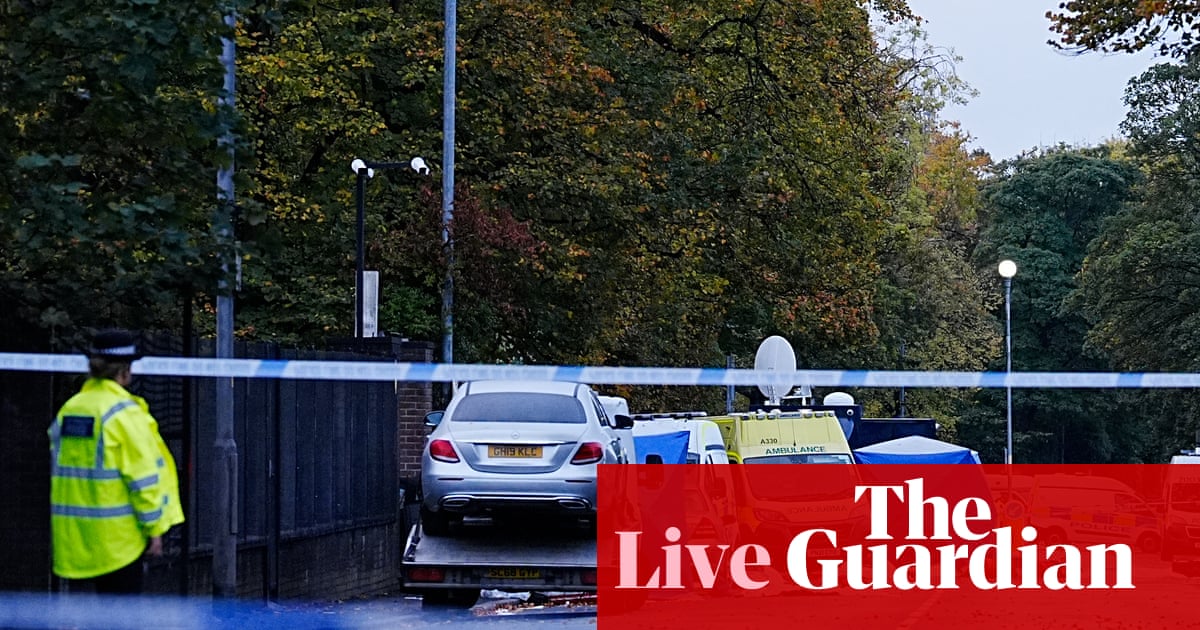



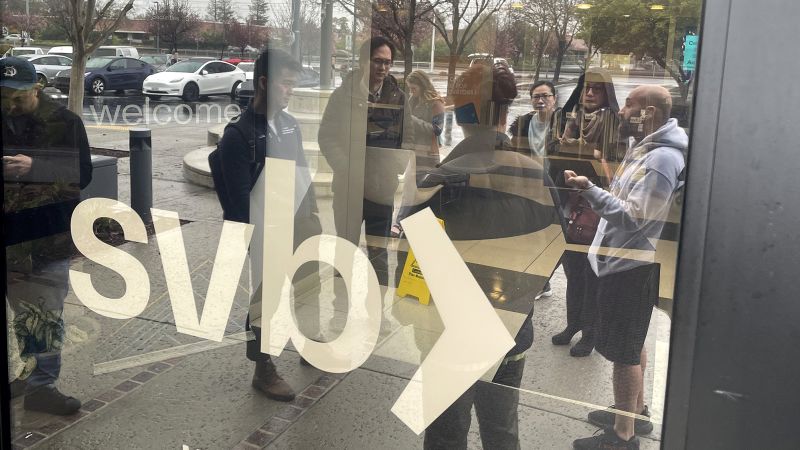
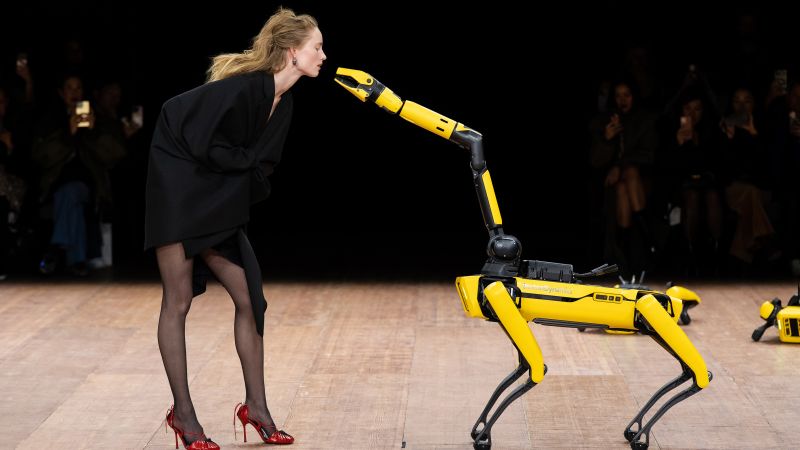
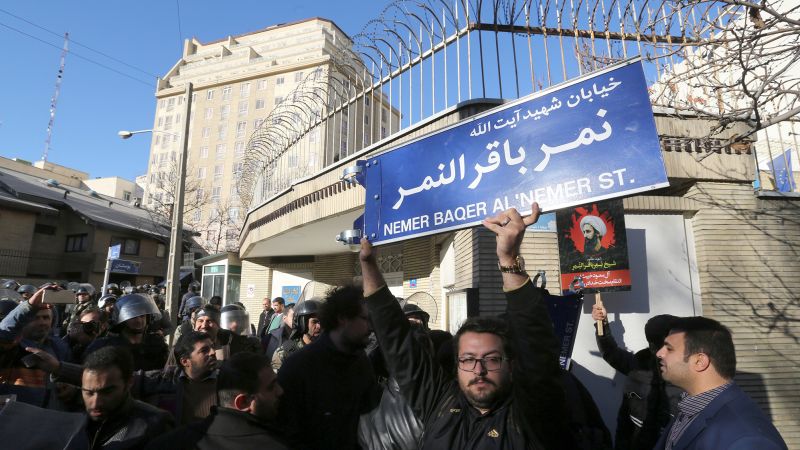
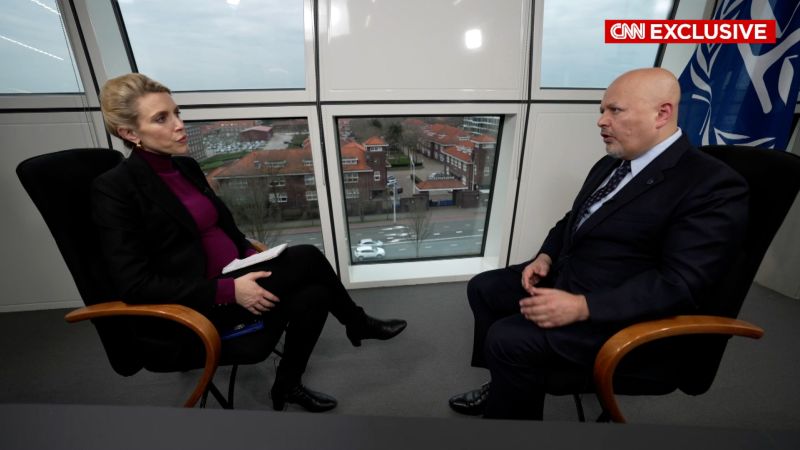
 English (US)
English (US)